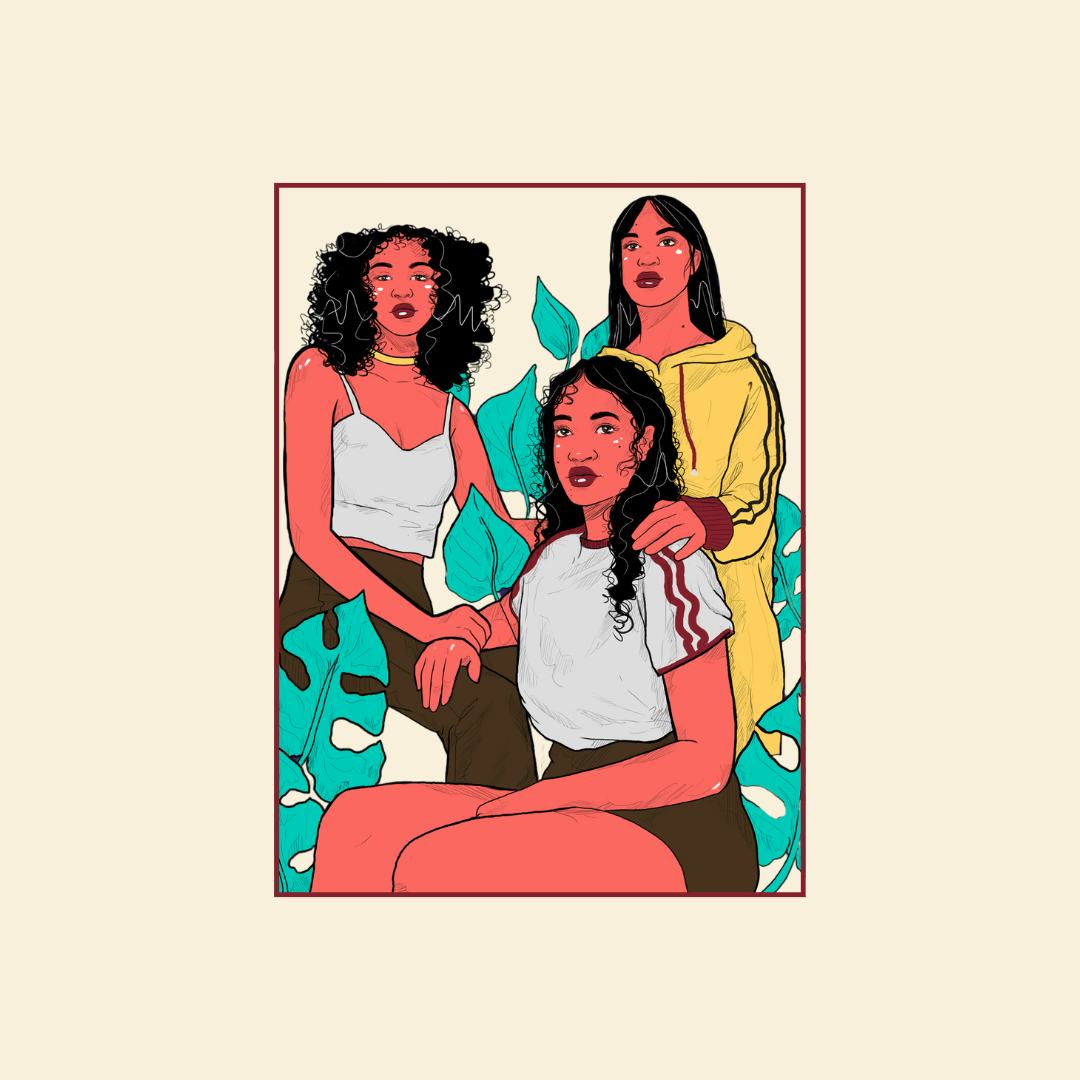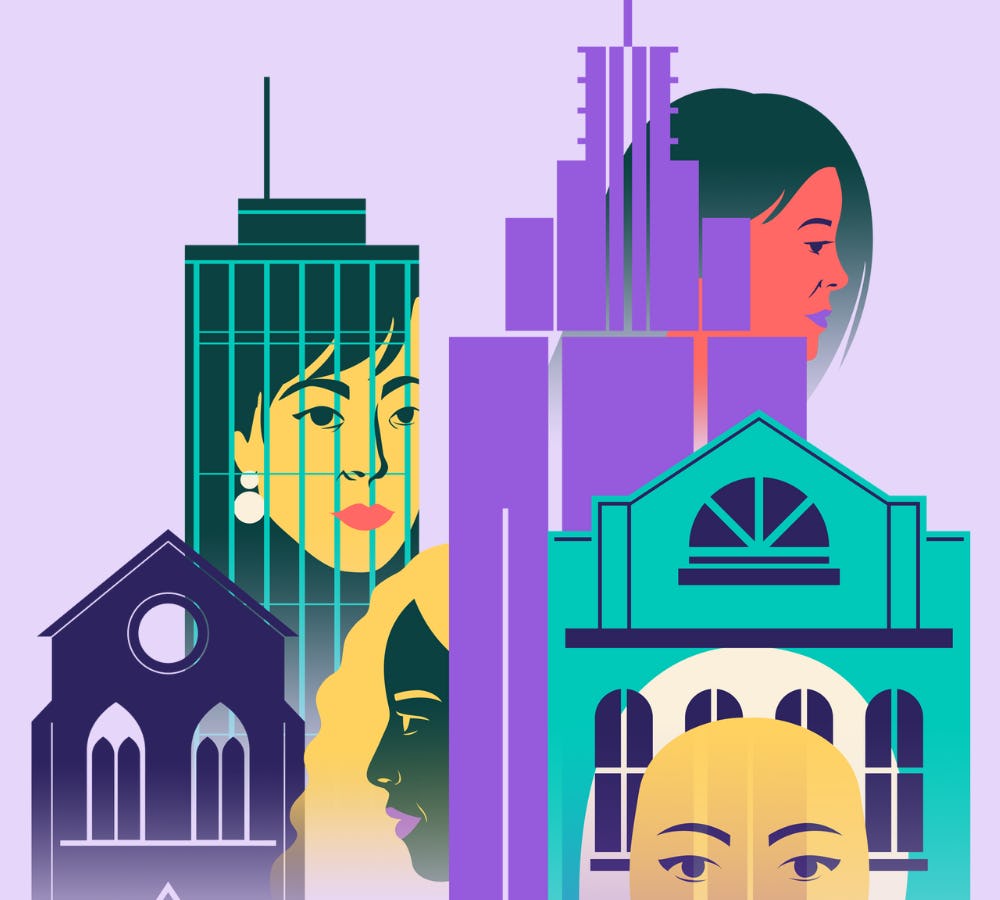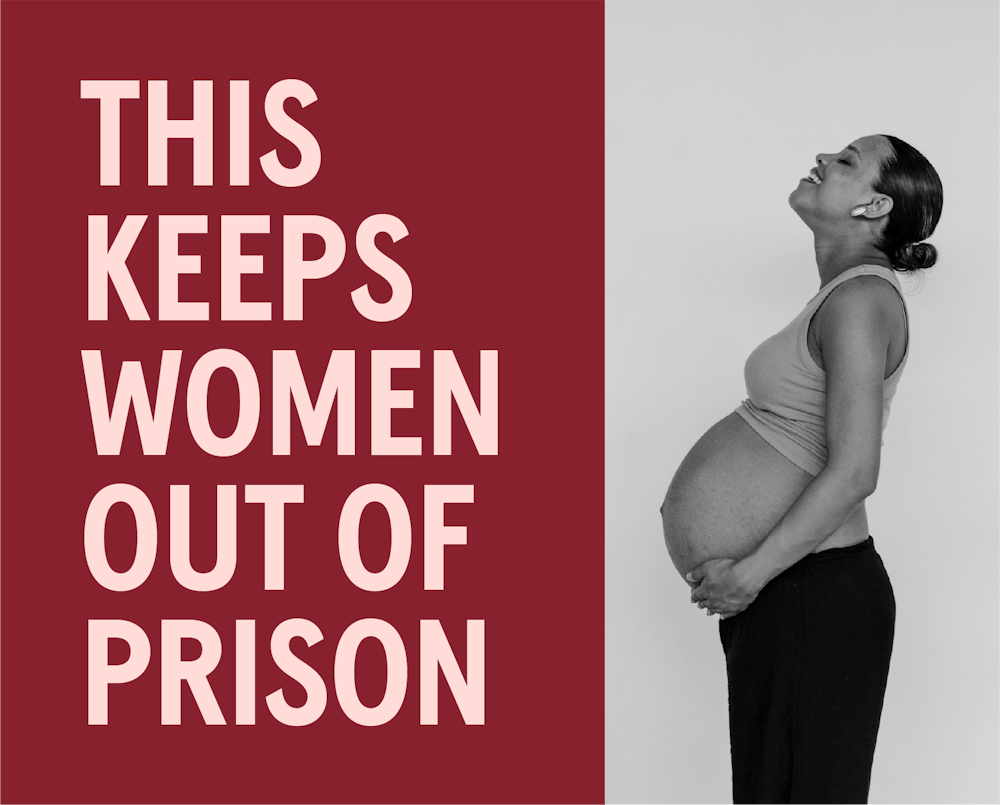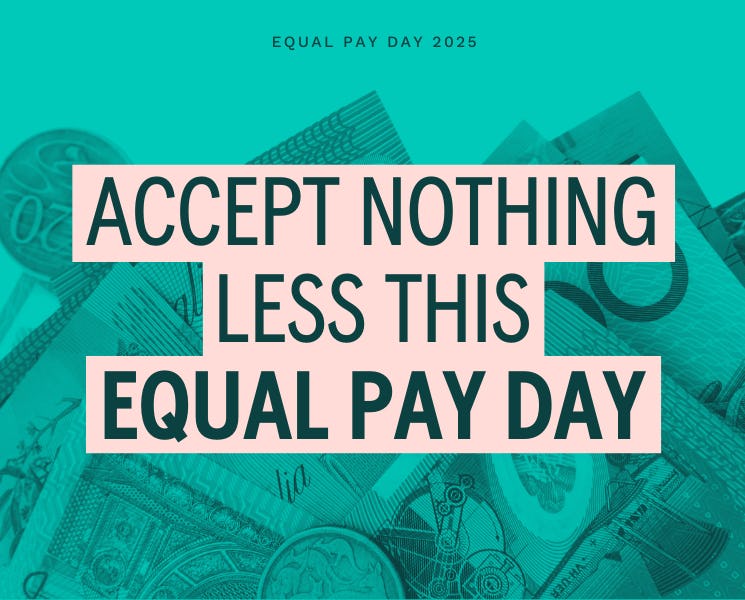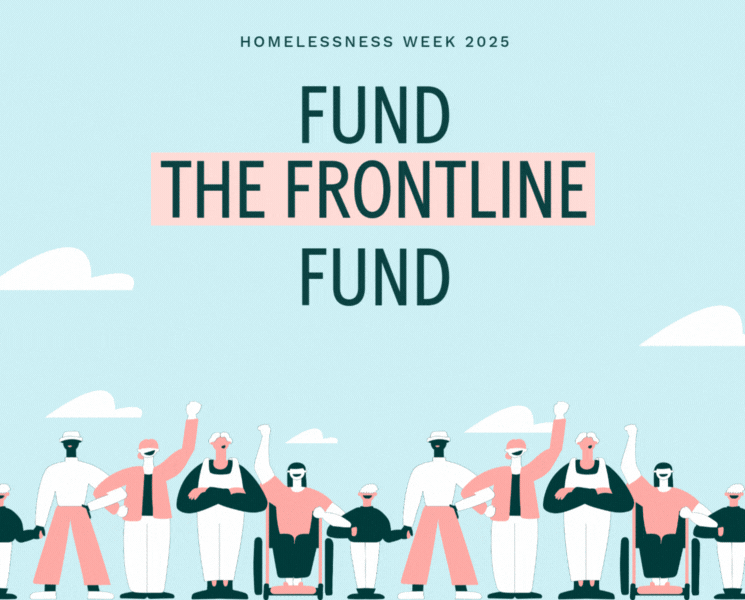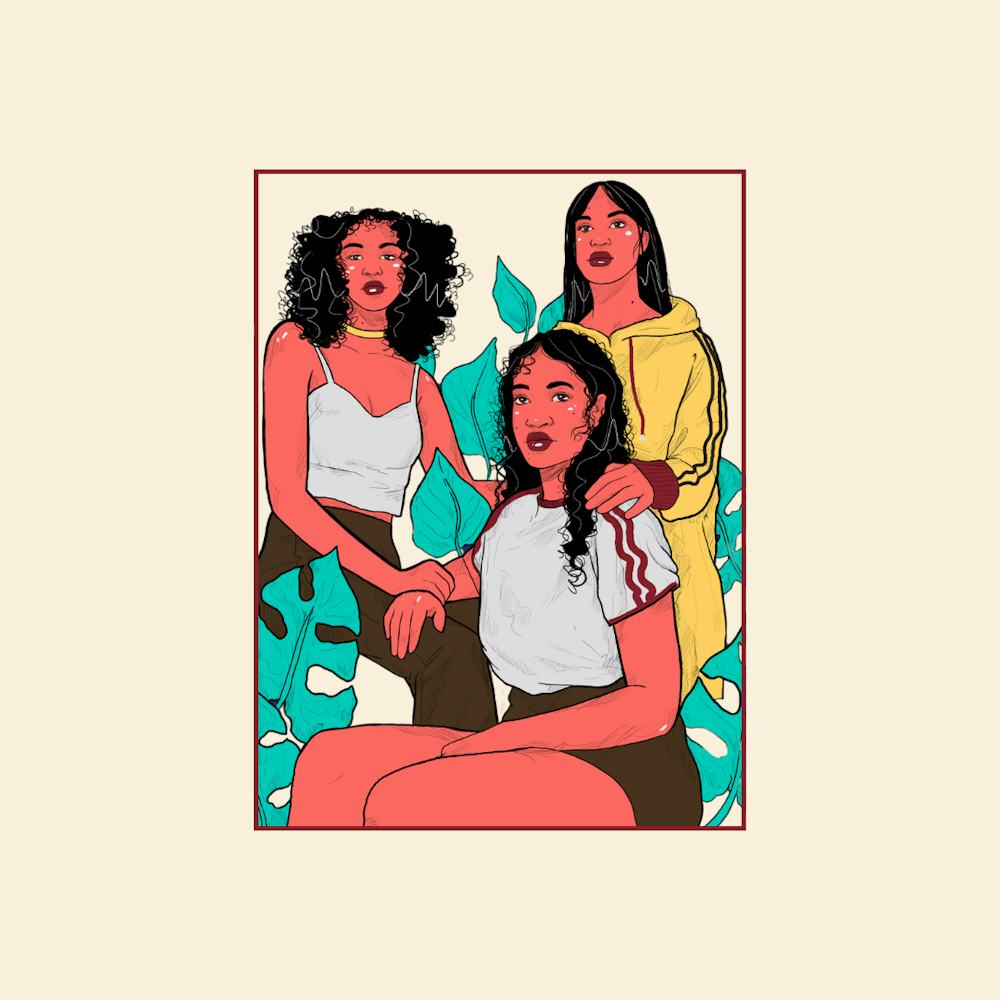Every year, NAIDOC Week is held in early July as a celebration of the excellence and endurance of Aboriginal and Torres Strait Islander culture.
So, where did NAIDOC Week start?
First up: the acronym. NAIDOC stands for National Aboriginal and Islanders Day Observance Committee. Its long-standing history started as a commemorative day — the National Day of Mourning — back in 1938. Like many social movements, it began as a protest, calling for the civil rights of Aboriginal and Torres Strait Islander people. These days, those roots aren’t forgotten: rather, they inspire action, change, and celebration.
NADOC (the National Aborigines Day Observance Committee) was formed in 1957, becoming NAIDOC as we know it in 1991. From the first Day of Mourning march in 1938 to the Australian Parliament’s apology to the Stolen Generations in 2008, NAIDOC has been instrumental in making the systemic injustices faced by Aboriginal and Torres Strait Islander communities visible on the national stage.
NAIDOC Week celebrates the rich cultural history of Aboriginal and Torres Strait Islander people, and how far we still have to go in the movement towards First Nations justice and equality. It’s also a call for non-First Nations people to step up, do more in their allyship and stand in solidarity with Aboriginal and Torres Strait Islander communities.
What is this year’s theme?
This year’s theme is ‘The Next Generation: Strength, Vision & Legacy’. The theme “celebrates not only the achievements of the past but the bright future ahead, empowered by the strength of our young leaders, the vision of our communities, and the legacy of our ancestors.” It’s a call for independence, self-determination and community.
Honouring those who came before us
As an organisation dedicated to ending gender-based violence, we couldn’t do the work we do without the Aboriginal and Torres Strait Islander women who have led, and continue to lead the way in building safer communities.
As a non-First Nations organisation within a system and nation whose history is one of genocide, child removal, dispossession and oppression, we recognise our responsibility to use our position to be active accomplices in the movement towards Aboriginal and Torres Strait Islander safety, self-determination, equality, sovereignty and justice.
In so-called Australia, we know that large-scale structural inequalities cause Aboriginal and Torres Strait Islander people to experience violence at higher rates than non-First Nations people.
Aboriginal and Torres Strait Islander women are nearly 11 times more likely to die due to assault than other women, and are 32 times more likely to be hospitalised as a result of family violence.
We also know that out of home care for Aboriginal and Torres Strait Islander children is more than 10 times higher than the rest of the population.
Djirra CEO, Antoinette Braybrook, notes that “While the data shows the high rates of violence against Aboriginal and Torres Strait Islander women, [it] does not show that the perpetrators of this violence are all Aboriginal and Torres Strait Islander men.”
Significant rates of child removal, police brutality, violent disruption of traditional kinship systems, and disproportionate rates of incarceration, only compound the structures that work to oppress First Nations communities.
It’s vital that organisations such as ours build trust and observe culturally safe practices, led by those with lived experience.
Allyship beyond NAIDOC Week
It’s important to get involved during NAIDOC Week – but don’t stop there. Allyship isn’t a once a year job – it’s an ongoing commitment to learning, support and solidarity. Non-First Nations people and organisations have a responsibility to be active accomplices in the movement towards Aboriginal and Torres Strait Islander justice, safety and self-determination every day of the year.
Show your support
It’s so important to support local First Nations businesses and organisations. Here are just a few Aboriginal and Torres Strait Islander led organisations that are working to build safer futures:
